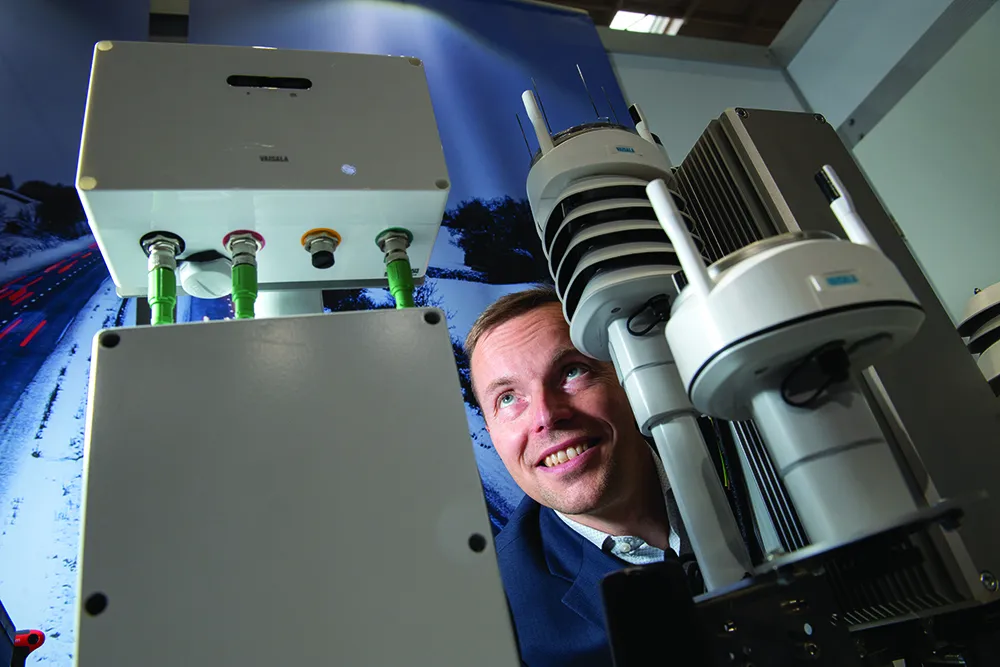Led by the Centre for Transport Studies at Imperial College London and involving a range of industrial partners, Concerto – which stands for Co-operative Networked Concept for Emission Responsive Traffic Operations – is a three-year research programme that aims to use the sophisticated test environment of the innovITS Advance city circuit to develop next-generation technologies that reduce motor vehicle emissions.
May 17, 2012
Read time: 2 mins
RSSLed by the Centre for Transport Studies at 500 Imperial College London and involving a range of industrial partners, Concerto – which stands for Co-operative Networked Concept for Emission Responsive Traffic Operations – is a three-year research programme that aims to use the sophisticated test environment of the 67 innovITS Advance city circuit to develop next-generation technologies that reduce motor vehicle emissions.
The Concerto programme began in the autumn of 2010 and aims to build upon previous research programmes carried out by Imperial College London, drawing together, and combining the technologies that each of them has delivered. This previous work includes the development of Vehicle Performance and Emissions Monitoring System (VPEMS) technology and both local and grid based roadside emissions monitoring systems as developed in the Mobile Environmental Sensor System Across GRID Environments (MESSAGE) project. By linking these with local weather information and precise real-time location details for each vehicle, as well as using data available from the Engine Control Unit (ECU), a wide range of potential future innovations may be possible, enabling urban traffic to behave in a co-operative and actively managed manner in order to reduce emissions and hence improve local air quality.
“We were particularly keen to use the innovITS Advance city circuit for the initial testing programme of Concerto,” said Dr Robin North, Lecturer in the Centre for Transport Studies at Imperial College London. “This facility provides us with exactly the type of highly controllable, repeatable and measurable environment that we need for this form of research.”
The Concerto programme began in the autumn of 2010 and aims to build upon previous research programmes carried out by Imperial College London, drawing together, and combining the technologies that each of them has delivered. This previous work includes the development of Vehicle Performance and Emissions Monitoring System (VPEMS) technology and both local and grid based roadside emissions monitoring systems as developed in the Mobile Environmental Sensor System Across GRID Environments (MESSAGE) project. By linking these with local weather information and precise real-time location details for each vehicle, as well as using data available from the Engine Control Unit (ECU), a wide range of potential future innovations may be possible, enabling urban traffic to behave in a co-operative and actively managed manner in order to reduce emissions and hence improve local air quality.
“We were particularly keen to use the innovITS Advance city circuit for the initial testing programme of Concerto,” said Dr Robin North, Lecturer in the Centre for Transport Studies at Imperial College London. “This facility provides us with exactly the type of highly controllable, repeatable and measurable environment that we need for this form of research.”








